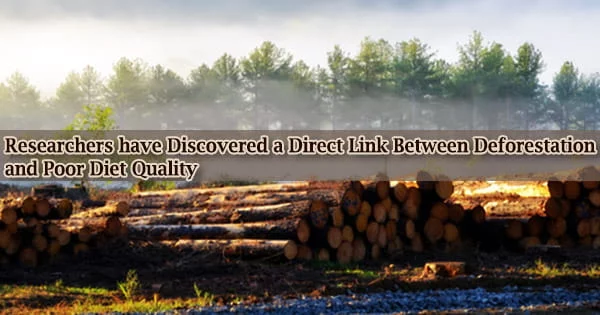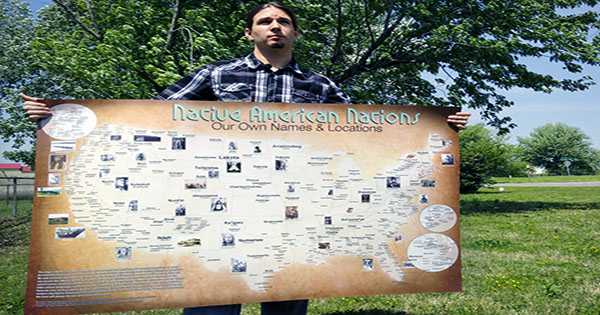Russian scientists are trying to unravel the mystery of the extinct virus by looking at animal remains found in Siberian permafrost. The Siberian Vector Institute, in conjunction with the northeastern Federal University of Yakutsk, recently announced that they conducting research on the paleoviruses for the first time.
Much of Vector’s recent research has focused on splashing the interest of ancient bacteria on current germs, but in this project, researchers will see that viruses are now extinct, with most of them recovered from Siberian permafrost. Their experiments began with a piece of soft tissue from a 4,450-year-old horse discovered in the Verkhoyansk region in 2009. They hope to expand their research into other animals, including ancient elk, mammoths, and prehistoric puppies. Mammals like rabbits and others.
Through this work, Vector’s scientists say they hope to gain an understanding of the evolutionary history of long-term viruses, as well as gain insights into infectious agents that still live on the planet today.
The Vector Institute is a state-run biological research center with a “driven” history. In the Cold War era, it believed to have led the USSR’s biological weapons research. Nowadays, it investigates some of the deadliest viruses in the world, including the SARS-Covi-2 virus that causes Covid-19. They have helped develop one of Russia’s most advanced COVID-19 vaccines, EpiVacCorona.
The institute, located in the outskirts of Russia’s Novosibirsk Oblast, is now one of the two official collections of the extinct smallpox virus, due to the threat posed by pathogens at the Centers for Disease Control and Prevention in Atlanta, Georgia. In addition and lined with heavy surveillance. The accident happened here despite the safety measures. There have been reports of substantial explosions at the vector facility in 2019. Fortunately, there were no public health risks arising from the explosion. In another bizarre accident, a scientist from the agency died in 2004 after he accidentally stuck himself in a needle contaminated with Ebola.
The study of permafrost-locked pathogens could become increasingly urgent. Due to climate change, global warming, especially in the Arctic region of the planet, is slowly moving away huge amounts of ice, glaciers and permafrost. It released into the environment, raising the possibility of potentially unknown microbial life from viruses and bacteria to fungi and algae. Although the extent of the threat currently unknown, it is clearly an issue that scientists are keen to understand ASAP.
















